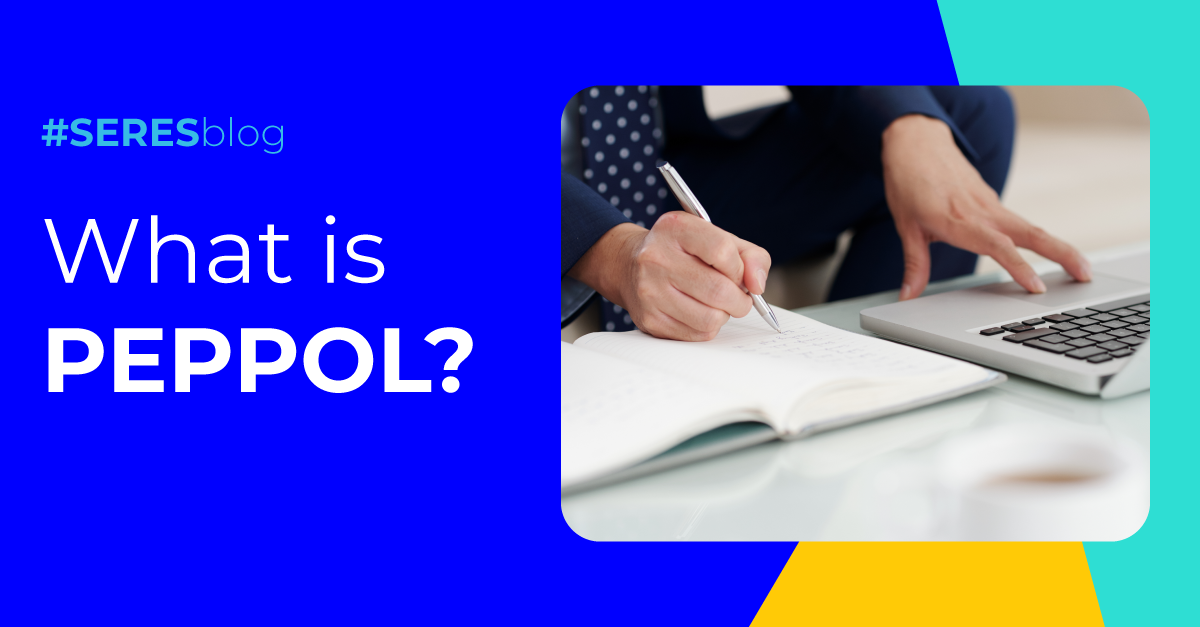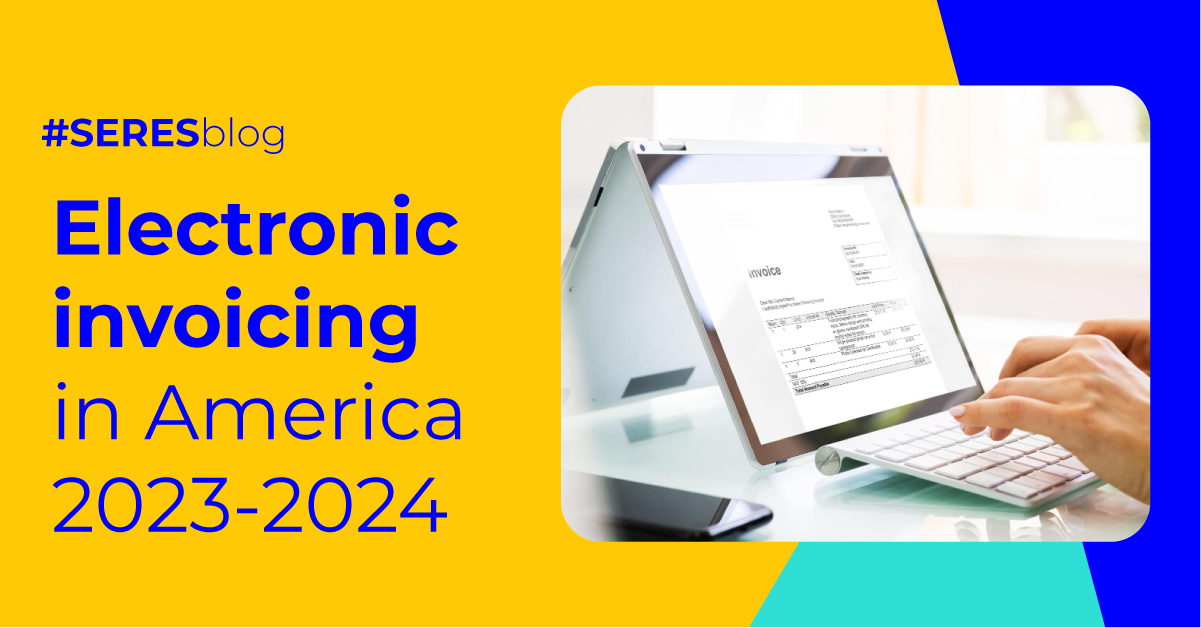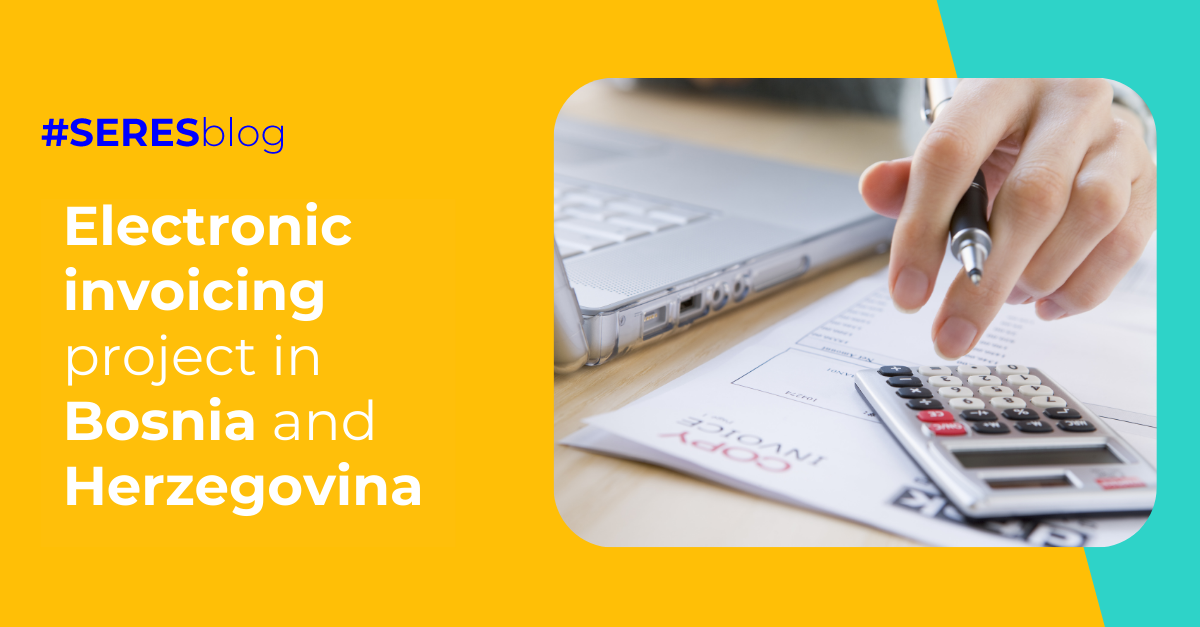The current status of e-invoicing in Argentina
The Customs Revenue and Control Agency (ARCA) promulgated General Resolution 5824/2026, which serves to eliminate historical exemptions and extend the obligation to issue electronic invoices to several economic sectors that were previously exempt.
As of 1 July 2026, the following sectors are obligated to adopt electronic invoicing:
-
Banks and financial institutions, for charges, interest, and commissions.
-
Credit and prepaid cards, including transfer payment platforms.
-
Insurance companies, except in specific cases of surety insurance.
-
Private educational institutions, for the collection of fees and tuition.
-
Prepaid medical care, for amounts not covered by social security (copayments and direct fees).
In the context of sectors characterised by high transaction volumes, such as banking and credit card industries, ARCA introduced the Monthly Electronic Settlement Statement. This innovation facilitates the consolidation of all customer transactions into a unified document on a monthly basis.
The generation of this statement is mandated prior to the conclusion of the specified period, with the objective of ensuring its availability within a timeframe of no more than 10 days.
Changes to invoicing for the simplified tax regime in 2026
Commencing 1 January 2026, Argentina's single tax regime will incorporate novel parameters that will serve to update the annual billing limits and monthly amounts per category, as stipulated by the Customs Revenue and Control Agency (ARCA).
The annual income caps range from $8,992,597.87 in category A to $94,805,682.90 in category K, thus expanding the billing margin allowed for small taxpayers. Concurrently, the monthly quotas are subject to revision, commencing at $37,085.74 in category A and reaching a maximum of one million pesos per month in category K for service activities, inclusive of integrated tax, pension contributions, and health insurance.
The transgression of these limits gives rise to an obligation to recategorise or transition to the general VAT and income tax regime. This is a consequence of enhanced fiscal oversight, as ARCA will augment its detection of inconsistencies and impose penalties where relevant.
| Category | Anual billing cap | Monthly fee (Services) | Monthly fee (Commerce) |
|---|---|---|---|
| A | $ 8.992.597,87 | $ 37.085,74 | $ 37.085,74 |
| B | $ 13.175.201,52 | $ 42.216,41 | $ 42.216,41 |
| C | $ 18.473.166,15 | $ 49.435,58 | $ 48.320,22 |
| D | $ 22.934.610,05 | $ 63.357,80 | $ 61.824,18 |
| E | $ 26.977.793,60 | $ 89.714,31 | $ 81.070,26 |
| F | $ 33.809.379,57 | $ 112.906,59 | $ 97.291,54 |
| G | $ 40.431.835,35 | $ 172.457,38 | $ 118.920,05 |
| H | $ 61.344.853,64 | $ 391.400,62 | $ 238.038,48 |
| I | $ 68.664.410,05 | $ 721.650,46 | $ 355.672,64 |
| J | $ 78.632.948,76 | $ 874.069,29 | $ 434.895,92 |
| K | $ 94.805.682,90 | $ 1.208.890,60 | $ 525.732,01 |
History of electronic invoicing in Argentina
Argentina has mandated electronic invoicing in accordance with the provisions of General Resolution 4290/2018. This group comprises single taxpayers, and since then, it has been possible to choose to issue electronic invoices without using fiscal controllers.
In accordance with the stipulations set out in General Resolution 4892/2020, as of 2020, all electronic invoices in Argentina are required to contain a QR code, with the following information:
-
Date of issue.
-
Issuer's CUIT (tax identification number).
-
Point of sale.
-
Type of receipt.
-
Receipt number.
-
Total amount, billing currency, and exchange rate.
-
Type and number of the recipient's document.
-
Authorization type code and code.
Conversely, MSMEs (micro, small, and medium-sized enterprises) will be capable of collecting credit in advance thanks to the MSME Electronic Credit Invoice (FCEM) system, which was developed to enhance collection security for MSMEs that supply large companies.
The nation's inaugural endeavour in the realm of electronic invoicing occurred in 2002, marked by the promulgation of General Resolution 1361. This pivotal moment witnessed the introduction of electronic invoicing in Argentina under the guise of a duplicate receipt, pioneered by the AFIP (presently known as ARCA). However, it was not until General Resolution 1956 of 2005 was approved that the system for issuing and storing receipts electronically was established.
Although the new Argentine electronic invoicing model was voluntary in its initial stage, in 2006 General Resolution 2177 gradually made electronic invoicing mandatory for certain groups of taxpayers, including telephone companies, internet and cable television operators, basic services and prepaid medical companies, security services, cleaning companies, and cash transport companies.
Subsequently, in January 2009, a mandate was imposed on electronic toll collection, IT, advertising, and professional services companies with revenues exceeding $600,000 to adopt electronic invoicing, as stipulated in General Resolution 2485 of 2008
The e-invoice in Argentina is now mandatory, following the approval of General Resolution 4290/2018. This regulation encompasses both individuals and businesses, and it permits the issuance of electronic invoices without the use of fiscal controllers.
In 2020, General Resolution 4892/2020 required that all electronic invoices in Argentina contain a QR code, which was to include the following information:
- The date of issue.
- The CUIT of the issuer.
- The point of sale.
- The type of invoice.
- The voucher number.
- The total amount, invoicing currency, and quotation are also included.
- The document type and number of the recipient.
- The authorization type code and code must be provided.
On the other hand, MSMEs (micro, small, and medium-sized companies) will be able to collect credit in advance through the MSME Electronic Credit Invoice (FCEM) system, which was designed to enhance the security of credit collections for MSME suppliers of large companies.
It was in 2002, with the publication of General Resolution 1361, when the AFIP introduced the electronic invoice in Argentina as a duplicate voucher. However, it was not until General Resolution 1956 of 2005 was approved that the electronic invoice issuance and storage system was established.
Although the new Argentine electronic invoicing model was initially voluntary, in 2006 General Resolution 2177 established the mandatory electronic invoicing gradually for some groups of taxpayers. These included telephone companies, Internet and cable TV operators, basic services and prepaid medicine companies, security services, and cleaning companies. In January 2009, the electronic tolling, IT, advertising, and professional services companies with a turnover over $600,000, as established in General Resolution 2485 of 2008, were required to implement electronic invoicing.
Widespread adoption of electronic invoicing in Argentina
The year 2015 marked a pivotal juncture for the adoption of electronic invoicing in Argentina. This development coincided with the widespread implementation of the system, a process that was initiated in accordance with the provisions outlined in General Resolution 3749. As of 1 July 2015, electronic receipts became mandatory for VAT-registered businesses, thereby rendering paper receipts invalid.
On 18 December 2024, the Agencia de Recaudación y Control Aduanero (ARCA) published General Resolution 5616/2024, which stipulated the dates for the update of electronic invoicing systems.
The utilisation of WebService technical manuals, which will be available as of 15 January 2025, will be mandatory as of 15 April 2025.
The Online Vouchers service will be available for use from 15 January 2025, and finally, the 'mobile biller' application and the 'biller' tool for electronic receipts will be operational from 5 March 2025.
The Customs Revenue and Control Agency (ARCA) has announced a series of reforms with the aim of modernising the electronic invoicing system in Argentina. As of 1 December 2025, class "M" invoices will be eliminated and taxpayers who have previously issued them will be required to issue class "A" invoices accompanied by specific legends that will identify them in the system.
This update incorporates a quarterly evaluation system to monitor tax compliance, including preventive simulations that allow irregularities to be detected and corrected before final reviews. Should taxpayers elect to correct the aforementioned observations, they may request online reprocessing in order to regain authorisation to issue class "A" invoices.
Additionally, Resolution 5782/2025 revises the electronic invoicing regime, stipulating that the Advance Electronic Authorization Code (CAEA) should be utilised exclusively in contingency scenarios. Hitherto, the use of the aforementioned form has been optional.
However, with effect from June 1, 2026, its use will be restricted to circumstances in which the issuance of receipts online using the CAE is not feasible.
Essential information on electronic invoicing in Argentina
The electronic invoice in Argentina is defined as the functional and legal digital voucher equivalent to the invoice in paper format. The agency in charge of its management and validity is the Federal Administration of Public Revenues (AFIP).
The format is not yet defined, although it must be sent in XML by WebServices to the ARCA. Both the issuer and the receiver are required to store them for a period of 10 years.
Types of vouchers
- Invoices and receipts class "A"; with the legend "operation subject to withholding and/or M".
- Class "A" credit and debit notes; with the legend "operation subject to withholding and/or M".
- Class B credit and debit notes.
- Class C invoices and receipts.
- Class C credit and debit notes.
- Class E invoices and receipts.
- Credit and debit notes class E.
How to send electronic invoices in Argentina?
Regardless of the solution employed by taxpayers, it is necessary for them to be certified by the AFIP. The key steps for exchanging electronic invoices in Argentina are clearly outlined in the following points:
- In order to verify their identity, digitally sign, and guarantee the authenticity of electronic invoices, companies must obtain a digital tax certificate from the AFIP.
- It is advisable to utilise an authorised service provider, as they facilitate the exchange of data between the company and the AFIP, thereby ensuring that invoices comply with the relevant regulations.
- An electronic invoice in Argentina must include a number of essential pieces of information, including the company name, tax identification number, invoice number, date of issue, description of the goods or services provided, and the total amount.
- Prior to transmission of the electronic invoice, the document must be validated through the validation tool provided by AFIP. Upon successful validation, the invoice may be transmitted to the recipient.
Finally, companies are required to maintain records of all invoices sent and received for a period of ten years in digital format.



